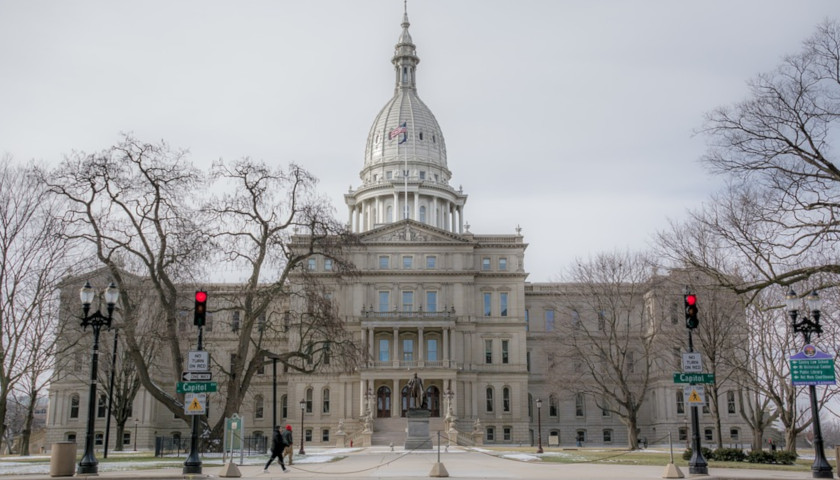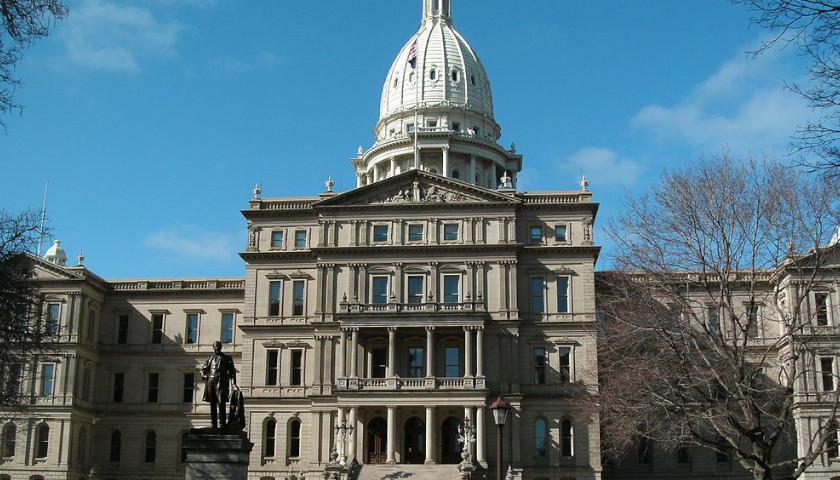by Scott McClallen
The GOP-led Michigan Senate passed bills that, if passed, will reduce government revenue in a year when the state will soon be strapped for cash.
Currently, the state is facing a projected deficit between $170 million and $1.17 billion for fiscal year 2022.
Senate Bill 54 would restore the individual income and corporate tax credit program to give qualified taxpayers who have a certificate of completed historical building rehabilitation, granted by the State Historic Preservation Office, the ability to credit 25% of qualified expenditures for eligible rehabilitation resources to future taxes.
A person issued a certificate could carry the tax credit to offset tax liability for up to 10 years or until the credit is depleted, whichever happens first.
The certificate of completed rehabilitation would have to be issued between Dec. 31, 2020 and Jan. 1, 2031.
The nonpartisan Senate Fiscal Agency (SFA) estimated the bill, if enacted into law, would reduce general fund revenue by an average of $5 million each fiscal year. The impact would extend beyond the 2030 expiration date for credit preapprovals.
Although the bill limits the preapproved credits in a calendar year to $5 million, credits can be claimed up to five years after project completion, so revenue depleted could exceed $5 million per year.
The SFA said the credit has previously reduced state revenue between $10 million and $12 million per year,
Sen. Aric Nesbitt, R-Lawton, voted against the bill.
“I prefer across-the-board tax relief and as we get into the next year, we’re not sure what the fiscal picture will look like,” Nesbitt told The Center Square. “We did away with it in 2011 to make the tax code flatter and fairer and historic restoration is still happening.”
The Senate also passed SB 1153, which aims to give wholesale companies a tax break if they are fully automated and the building comprised of at least 190,000 square feet. If passed, the bill will become effective Jan. 1, 2021.
The SFA said the bill would have a negative fiscal impact on state and local governments since an exemption would reduce local property tax revenue and School Aid Fund revenue, which must be reimbursed through the general fund.
The revenue reduction would depend on the exempted personal property and millage rates.
State Sen. Mallory McMorrow, D-Royal Oak, voted “no.”
“The state tends to bend over backwards to get new companies into the state by offering tax incentives and lucrative packages to lure these companies here, and that’s not a level playing field,” McMorrow said.
McMorrow disagreed with spending taxpayer money to incentivize automation.
“We’ve seen over the past decade or so, the tax burden shift radically from companies onto the backs of taxpayers so people who live in our communities every day feel like they’re paying much more and getting much less,” McMorrow said.
In October, the Michigan Economic Development Corporation (MEDC) announced a giveaway of $5.1 million of taxpayer money to three companies.
John Mozena, president of the Center for Economic Accountability, has previously told The Center Square that corporate tax giveaways are ineffective – citing Amazon’s HQ2, choosing Alexandria, Va. over Bethesda, Md., even though the former offered roughly $5 billion more in subsidies.
“If $5 billion can’t convince Amazon to move 10 miles, then how are any of these subsidies that the MEDC are handing out going to make any difference in what these corporations do?” Mozena asked.
Michigan’s business incentive programs have increased a company’s employment and sales but cost taxpayers an average of $593,913 per job created per year.
Both bills still must pass the House and be signed by Gov. Gretchen Whitmer to become law.
– – –
Scott McClallen is a staff writer covering Michigan and Minnesota for The Center Square. A graduate of Hillsdale College, his work has appeared on Forbes.com and FEE.org. Previously, he worked as a financial analyst at Pepsi.








